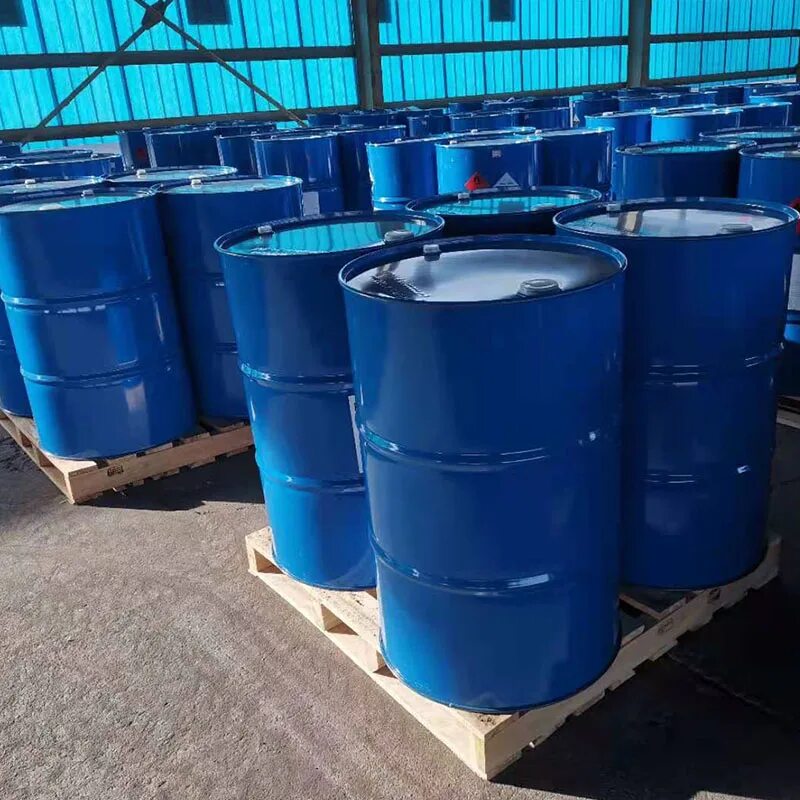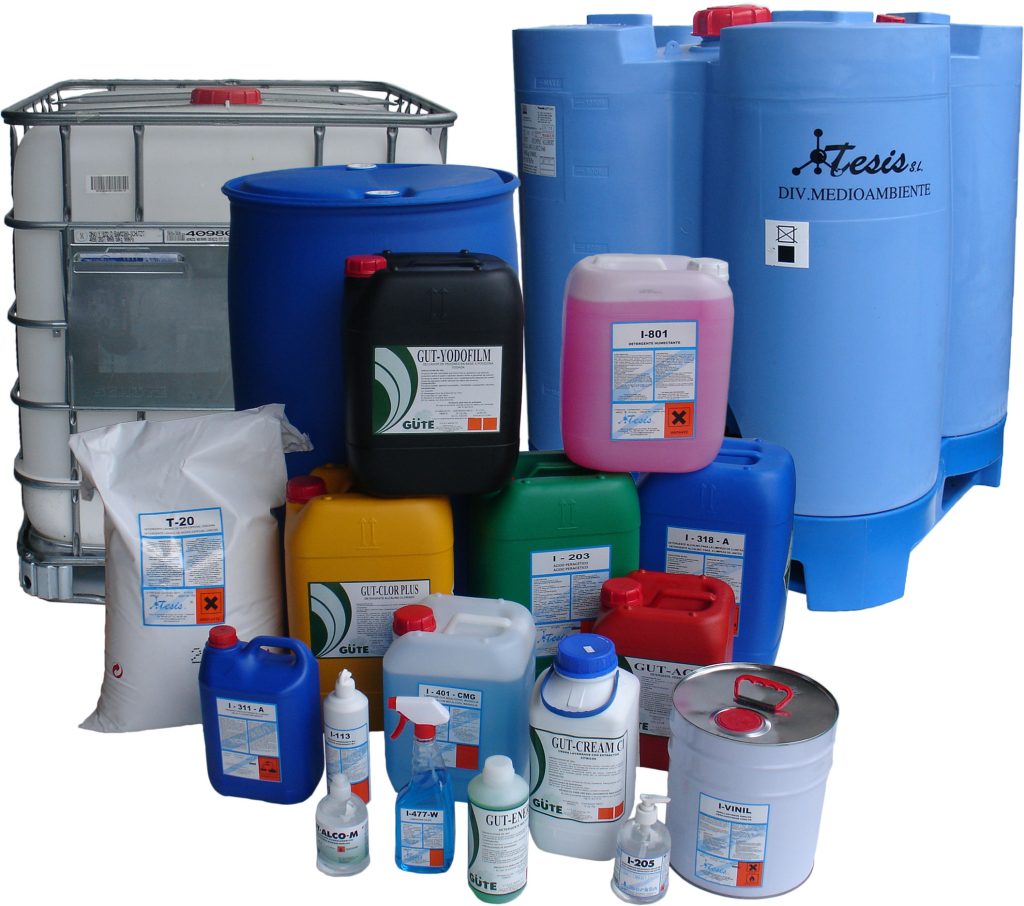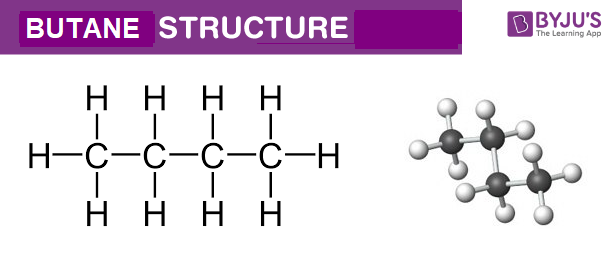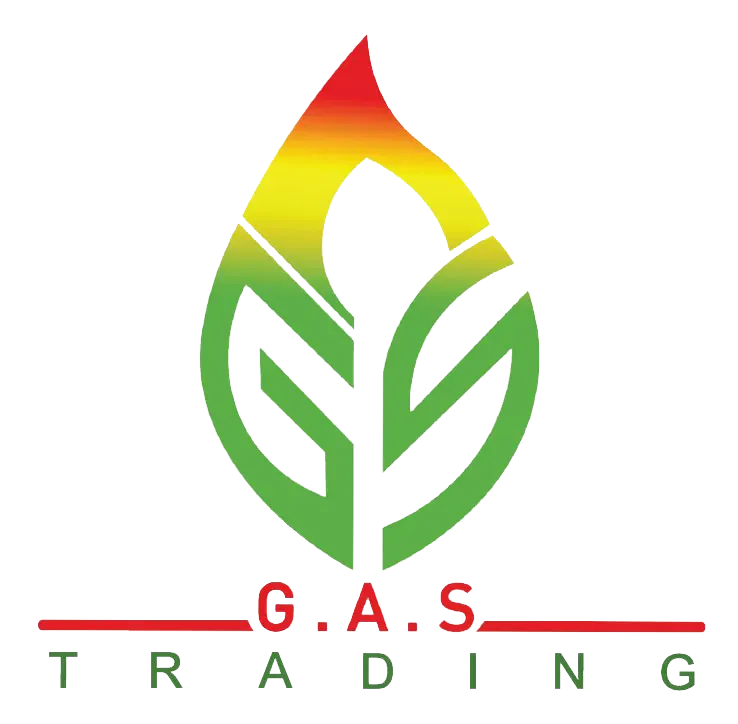Что такое сырая нефть и что такое нефтепродукты?
Мы называем сырую нефть и нефть ископаемым топливом, потому что они представляют собой смеси углеводородов, образовавшиеся из останков животных и растений (диатомовых водорослей), которые жили миллионы лет назад в морской среде до того, как появились динозавры. На протяжении миллионов лет останки этих животных и растений были покрыты слоями песка, ила и камней. Тепло и давление этих слоев превратили останки в то, что мы сейчас называем сырой нефтью или нефтепродуктами. Слово «нефть» означает горное масло или нефть из земли. Сырая нефть и другие углеводороды существуют в жидкой или газообразной форме в подземных бассейнах или резервуарах, в крошечных пространствах внутри осадочных пород и вблизи поверхности земли в битуминозных (или нефтяных) песках. Нефтепродукты — это виды топлива, производимые из сырой нефти и углеводородов, содержащихся в природном газе. Нефтепродукты также могут производиться из угля, природного газа и биомассы.
Какие нефтепродукты производятся из сырой нефти?
После извлечения сырой нефти из недр земли ее отправляют на нефтеперерабатывающий завод, где различные части сырой нефти разделяются на пригодные для использования нефтепродукты. Из 42-галлонного барреля сырой нефти в США на нефтеперерабатывающих заводах США производится около 45 галлонов нефтепродуктов за счет увеличения объемов переработки. Это увеличение объема похоже на то, что происходит с попкорном, когда он лопается. Зерно кукурузы меньше и плотнее, чем лопнувшее зерно. Объемы производства отдельных видов продукции меняются из месяца в месяц и из года в год, поскольку нефтеперерабатывающие заводы корректируют производство в целях удовлетворения рыночного спроса и максимизации прибыльности. Нефтеперерабатывающие заводы перерабатывают сырую нефть во множество различных нефтепродуктов. Физические характеристики сырой нефти определяют, как нефтеперерабатывающие заводы превращают ее в продукцию наивысшей ценности.
Не вся сырая нефть одинакова
Физические характеристики сырой нефти определяют, как ее перерабатывают НПЗ. Проще говоря, сырая нефть классифицируется по плотности (API) и содержанию серы. Менее плотная (более легкая) сырая нефть (с более высокой плотностью по API) обычно содержит больше легких углеводородов. Нефтеперерабатывающие заводы могут производить высококачественную продукцию, такую как бензин, дизельное топливо и авиакеросин, из легкой сырой нефти путем простой перегонки. Когда нефтеперерабатывающие заводы используют простую перегонку более плотной (тяжелой) сырой нефти (с более низкой плотностью по API), они производят малоценную продукцию. Тяжелая сырая нефть требует дополнительной, более дорогостоящей переработки для производства высококачественной продукции. Некоторые виды сырой нефти также имеют высокое содержание серы, что является нежелательным свойством как с точки зрения переработки, так и с точки зрения качества продукции.
Нефтеперерабатывающие заводы используют не только сырую нефть
Помимо сырой нефти, нефтеперерабатывающие заводы и предприятия по смешиванию добавляют другие масла и жидкости в процессе переработки для получения готовой продукции, которая продается потребителям. К этим другим маслам и жидкостям относятся:
- Жидкости, которые конденсируются в скважинах природного газа (называемые конденсатами из месторождений)
- Жидкие продукты переработки природного газа
- Сжиженные газы с НПЗ
- Необработанные масла, которые производятся путем частичной переработки сырой нефти, такие как нафта и более легкие фракции
масла, керосин и легкие газойли, тяжелые газойли и остатки
Нефтеперерабатывающие заводы и предприятия по смешиванию объединяют различные компоненты бензиновой смеси и топливный этанол для производства готового автомобильного бензина, продаваемого в Соединенных Штатах. Они также могут добавлять другие виды биотоплива к нефтяному топливу, чтобы создавать смеси дизельного топлива, реактивного топлива и печного топлива на основе биомассы.
Выход переработки больше, чем вход
Общий объем продукции, которую производят НПЗ (выход), превышает объем сырой нефти, которую перерабатывают НПЗ (вход), поскольку большинство производимых ими продуктов имеют более низкую плотность, чем перерабатываемая ими сырая нефть. Это увеличение громкости называется усилением обработки. Средний прирост переработки на НПЗ США в 2023 году составил около 6,3%. В 2023 году нефтеперерабатывающие заводы США произвели в среднем около 45 галлонов нефтепродуктов на каждые 42 галлона переработанной сырой нефти.

G.A.S Trading L.L.C. — один из крупнейших поставщиков нефтепродуктов. Среди продуктов, описанных на этой странице, продукт, указанный ниже, представляет собой продукты, которые компания G.A.S Trading L.L.C поставляет и предоставляет своим клиентам.



- Топлива
- Бутан
- дизельное топливо
- мазут
- Бензин
- Керосин
- Сжиженный природный газ
- Сжиженный нефтяной газ
- Пропан
Другие продукты
- Микрокристаллический воск
- Напалм
- Лигроин
- Афталин
- Парафиновый воск

